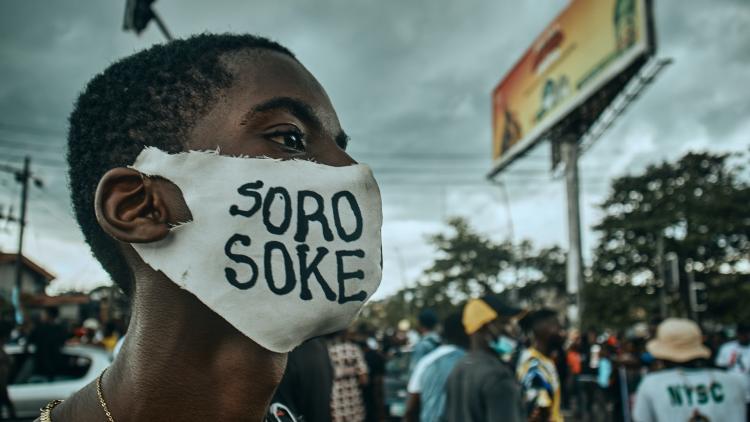The Prohibition of Torture in International Law

Key information
- Start date
- End date
- Duration
- Term 2
- Module code
- 15PLAH075
- FHEQ Level
- 7
- Credits
- 15
- Department
- School of Law, Gender and Media
Module overview
Torture, as an extreme form of denial of agency and infringement of mental and physical integrity, is a paradigmatic human rights violation. Its legal prohibition reflects both a major achievement and challenge. It raises core questions about power, violence and vulnerability and the effectiveness of the law in this context. The course provides an anatomy of torture as a human rights violation and the prohibition of torture in international and national law. It combines an interdisciplinary, critical, intersectional approach to the history, nature, methods and impact of torture situated within the broader human rights framework with an in-depth legal analysis and an examination of institutional mechanisms and strategies employed to prevent and combat torture. The course will cover the historical development of torture, its absolute prohibition in various areas of international law, including international refugee law, international humanitarian law and international criminal law, prevention, prosecution of its perpetrators and reparation for its victims. It will also include a specific focus on counter-terrorism and torture and torture of particularly vulnerable persons, examining its use in the colonial and post-colonial context, gender-based violence, and torture of marginalised and other disadvantaged members of society. This examination will provide an opportunity to explore the efficacy of the law, and of strategies used by actors working in the field, including national and transnational networks forming part of the worldwide anti-torture movement.
Workload
- Weekly 2-hour seminar
Scope and syllabus
1. Introduction/overview of field: key sources, theories and debates
2. Torture and the relationship between violence, power and the law: history, contexts, methods, impacts
3. Development of the prohibition of torture (historical, national, regional, international); developments in international human rights law, international humanitarian law, international criminal law, international refugee law; role of institutions, particularly treaty bodies and courts
4. Definition of torture and other forms of cruel, inhuman or degrading treatment or punishment (international, regional)
5. Prevention of torture (concept; custodial safeguards, monitoring, refoulement, structural reforms)
6. Prosecution of torture (criminalisation, universal jurisdiction, documentation, investigations, prosecutions)
7. Reparation for torture (effective remedies, various forms of reparation, including cases of ‘colonial’ torture)
8. Counter-terrorism and torture (debate surrounding absolute prohibition, security legislation, special detention regimes, such as Guantanamo Bay, renditions, accountability)
9. Vulnerability, intersectionality and torture (gender-based violence, racial discrimination and torture, torture of persons living in extreme poverty, corruption)
10. Implementation of the prohibition of torture; strategies to combat torture (legal, institutional, discourse, local, national, regional and international initiatives, role of actors, strategies including advocacy, reporting, litigation)
Method of assessment
- Coursework: 70% (3000 words)
- Presentation of selected topic: 30% (15-20 minutes in duration)
Suggested reading
- Manfred Nowak, Moritz Birk, and Giuliana Monina, The United Nations Convention Against Torture and its Optional Protocol: A Commentary (Oxford University Press, 2019)
- Steffen Jensen & Morten Koch Andersen (eds.), Corruption and Torture: Violent Exchange and the Policing of the Urban Poor (Aalborg University Press, 2017)
- Jeremy Waldron, Torture, Terror, and Trade Offs: Philosophy for the White House (Oxford University Press, 2010)
- Marnia Lazreg, Torture and the Twilight of Empire: from Algiers to Baghdad (Princeton University Press, 2008)
Disclaimer
Important notice regarding changes to programmes and modules



